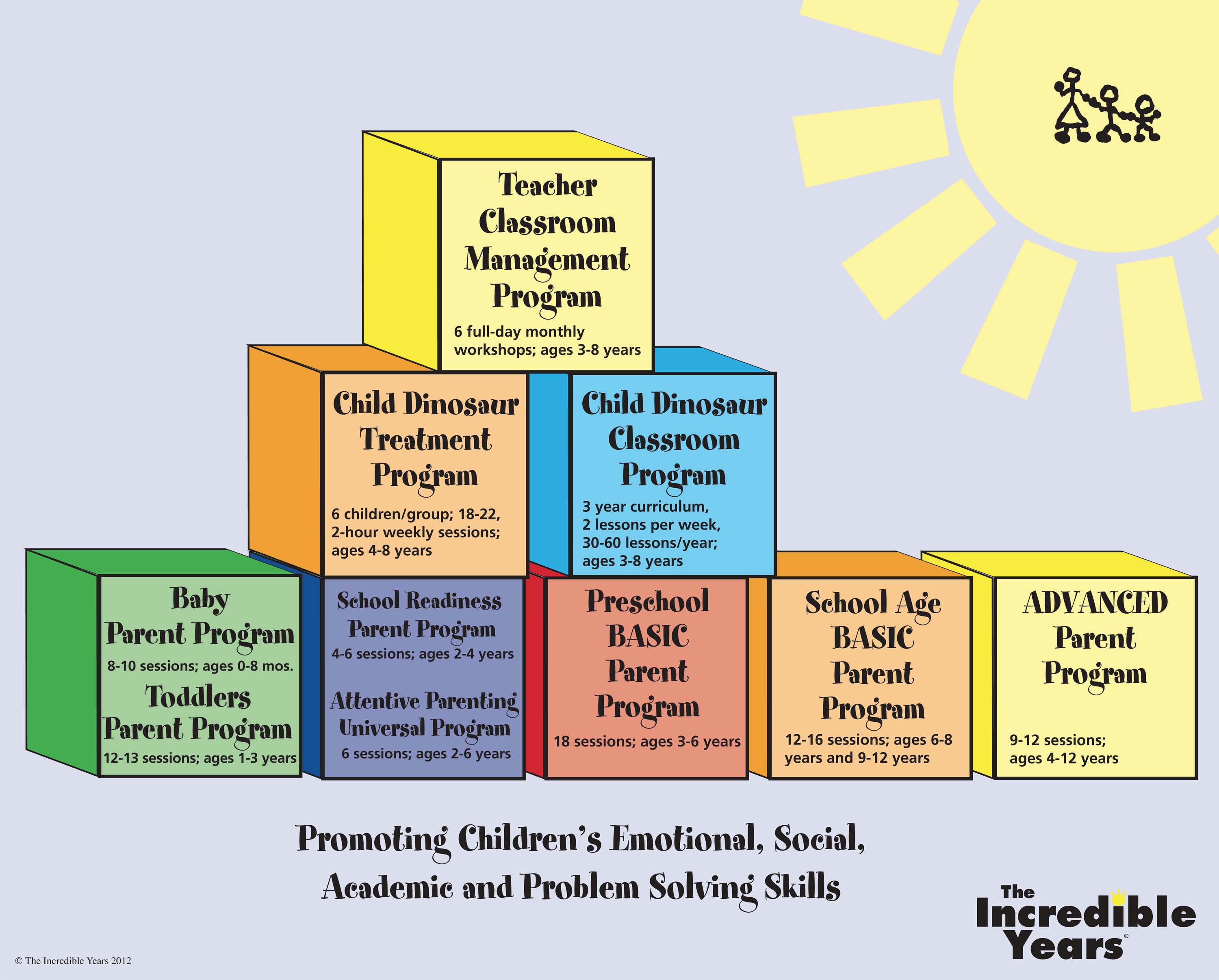Early Childhood Adventures Expert Tips for Educators
Introduction
Welcome to the exciting world of early childhood education, where every day is an adventure in learning! As educators in this field, we have the incredible opportunity to shape the minds and hearts of our youngest learners. In this article, we’ll explore expert tips and strategies to make these early childhood adventures both fun and educational.
Creating Engaging Learning Environments
The first step in fostering a love for learning in young children is to create engaging and stimulating environments. Arrange your classroom in inviting ways, with colorful displays, cozy reading nooks, and accessible learning materials. Incorporate sensory experiences like touch-and-feel books, music corners, and art stations to engage all the senses.
Embracing Play-Based Learning
Play is the language of children, and it is through play that they learn best. Embrace play-based learning by providing ample opportunities for children to explore, experiment, and imagine. Offer open-ended materials such as blocks, play dough, and dress-up clothes to encourage creativity and problem-solving skills.
Developing Social and Emotional Skills
In the early years, children are developing crucial social and emotional skills that will serve them for a lifetime. Create a safe and supportive environment where children can express their feelings and learn to navigate social interactions. Teach them empathy, kindness, and conflict resolution through storytelling, role-playing, and group activities.
Implementing Hands-On Experiences
Young children learn best through hands-on experiences that allow them to explore the world around them. Plan activities that involve sensory play, science experiments, nature walks, and gardening. These experiences not only build cognitive skills but also foster a sense of wonder and curiosity about the world.
Incorporating Storytelling and Literacy
Storytelling is a powerful tool for early childhood educators. Use storytelling to captivate children’s imaginations, introduce new concepts, and teach valuable life lessons. Create a cozy reading corner filled with a variety of books, both fiction and non-fiction, to instill a love for reading from an early age.
Encouraging Curiosity and Inquiry
Nurture children’s natural curiosity by encouraging questions and inquiry-based learning. Create “curiosity corners” where children can explore artifacts, specimens, or interesting objects related to your lessons. Encourage them to ask questions, make predictions, and investigate to find answers.
Building Language and Communication Skills
Language development is a key aspect of early childhood education. Incorporate daily activities that promote language skills, such as singing songs, reciting rhymes, and engaging in conversations. Use puppets, story props, and dramatic play to encourage children to express themselves verbally.
Fostering a Love for Nature
Connecting children with nature is not only beneficial for their physical health but also for their cognitive and emotional development. Take learning outdoors with nature walks, scavenger hunts, and gardening projects. Teach them about the environment, plants, animals, and the importance of conservation.
Cultivating Fine and Gross Motor Skills
Physical development is essential for young children, as it lays the foundation for their overall well-being. Plan activities that promote the development of fine motor skills, such as threading beads, cutting with scissors, and finger painting. Encourage gross motor skills










